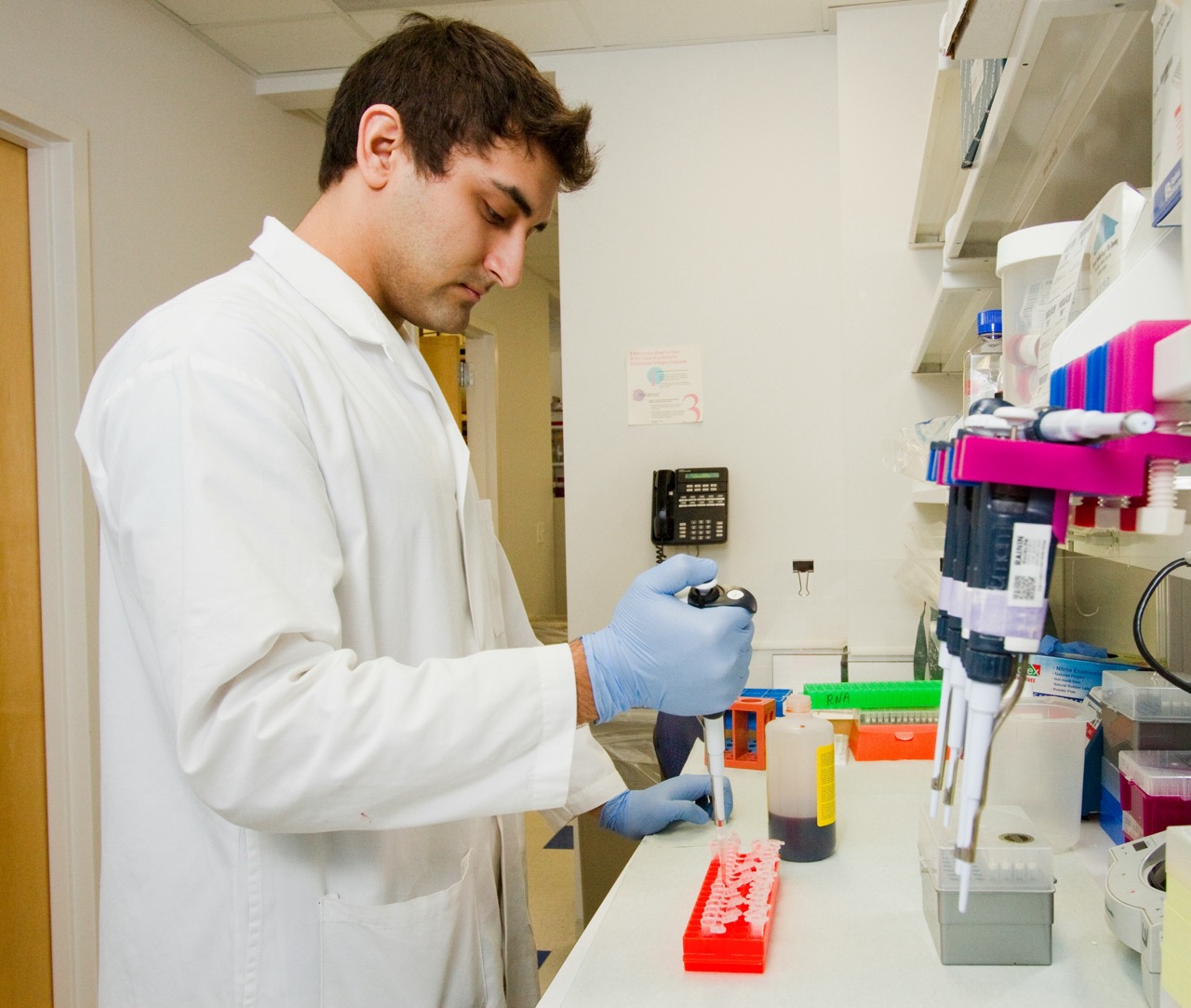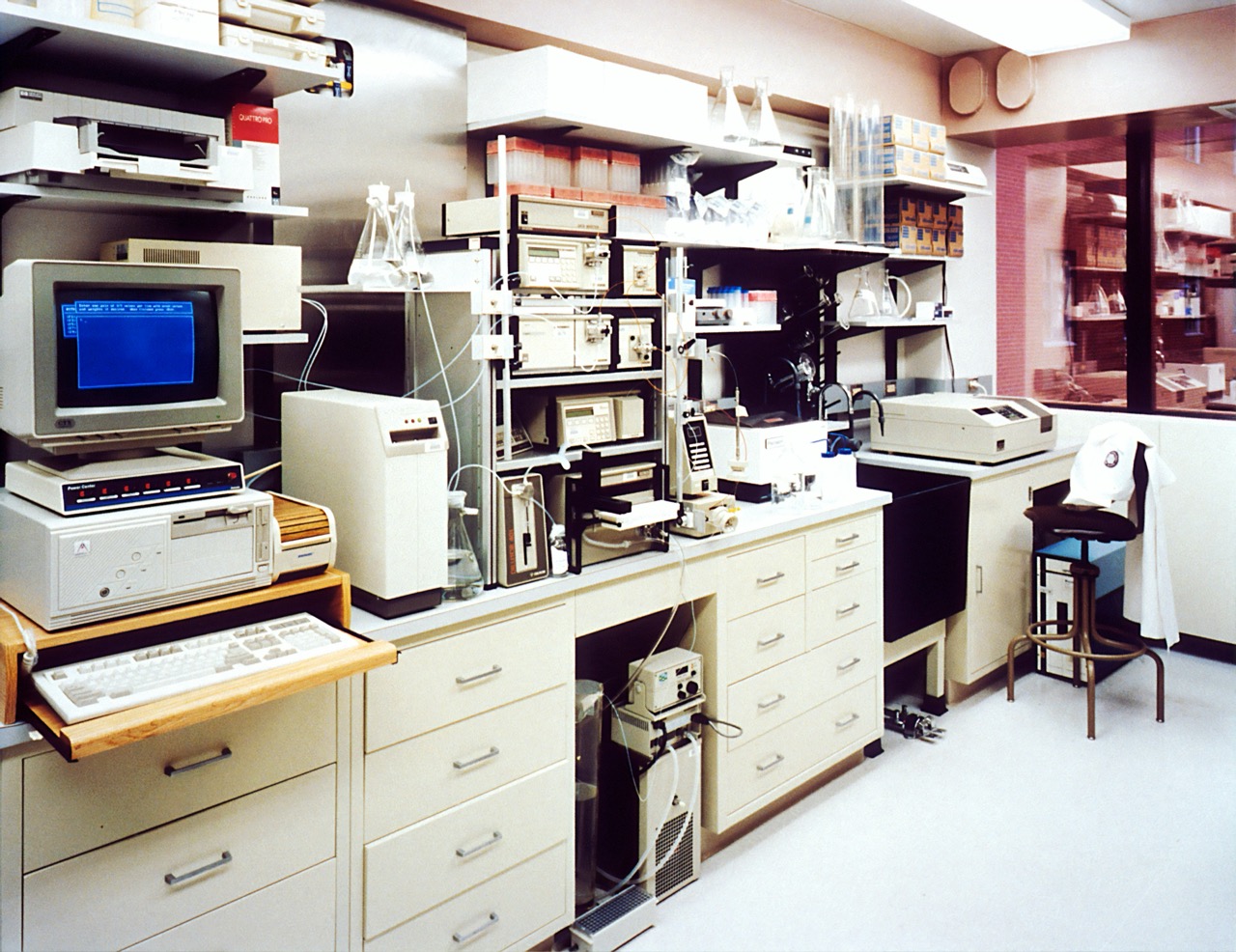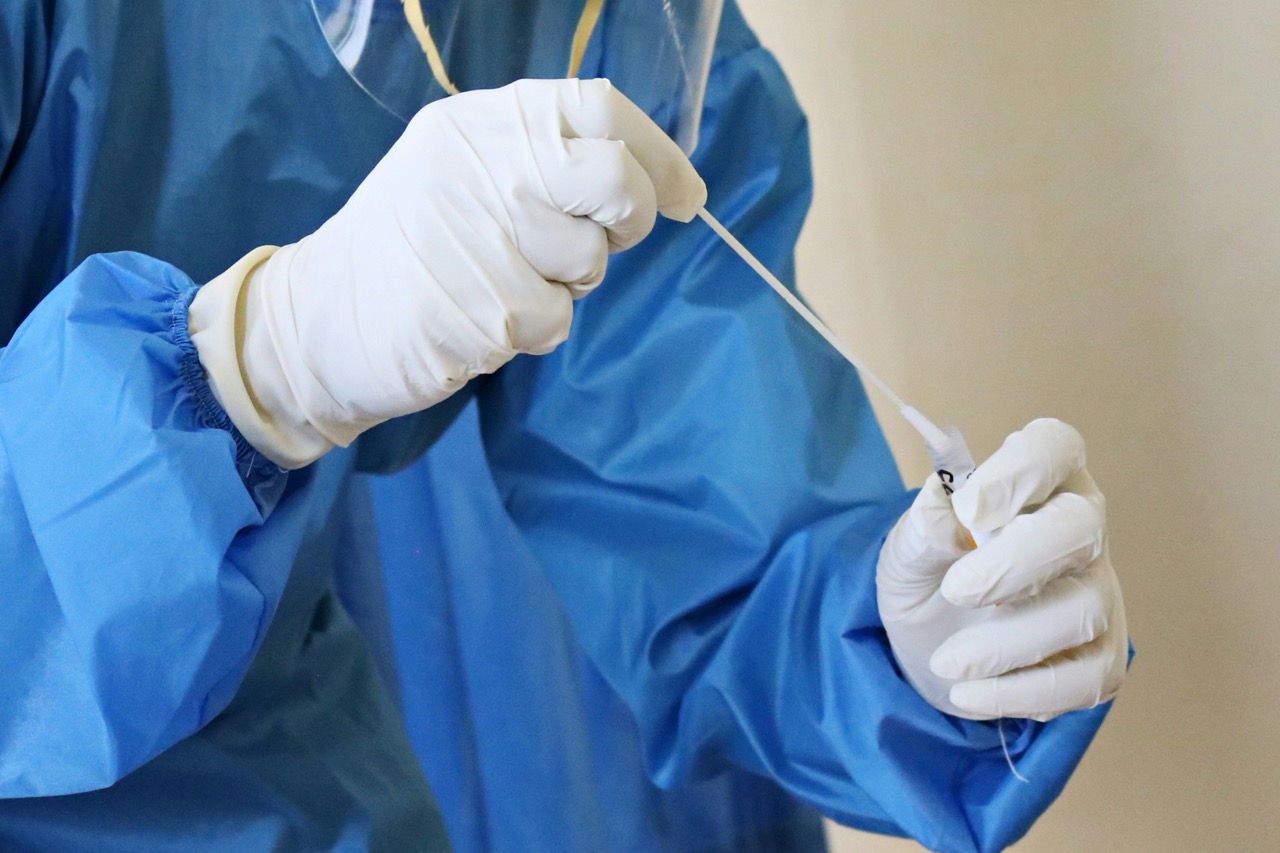In today’s world, where open conversations about sexual health are becoming increasingly normalized, the importance of STD screening before marriage cannot be overstated. As couples prepare to embark on a lifelong journey together, ensuring that both partners are aware of their sexual health status is a crucial step in building a foundation of trust and mutual respect. This article explores the significance of STD testing from various angles, highlighting its benefits and addressing some of the complex issues surrounding it.
Understanding STDs: A Public Health Perspective on Risks
Sexually transmitted diseases (STDs) remain a significant public health challenge, impacting millions globally. According to the World Health Organization, STDs can lead to severe health complications, including infertility, chronic pain, and increased susceptibility to HIV. The risk of transmission often goes unnoticed, as many individuals may be asymptomatic yet still capable of spreading infections. With the high prevalence of STDs, it is vital for couples to recognize the potential risks they face and the importance of screening as a preventive measure.
From a public health perspective, the spread of STDs can have far-reaching implications, not only for individuals but for communities as well. Effective screening and early detection can reduce transmission rates, inform public health strategies, and ultimately contribute to improved health outcomes. By prioritizing STD screening before marriage, couples can play a pivotal role in curbing the spread of infections and fostering healthier communities.
The Role of STD Screening in Ensuring Marital Health
STD screening serves as a fundamental aspect of pre-marital health, as it offers couples the opportunity to address and resolve potential health issues before entering into a committed relationship. By participating in screening, couples demonstrate a proactive approach toward their sexual health, fostering a culture of transparency and responsibility. This commitment to health can mitigate anxiety surrounding potential infections and creates a solid foundation for ongoing communication about sexual health throughout the marriage.
Moreover, ensuring that both partners are STD-free enhances the overall emotional and physical well-being of the relationship. When couples are informed about their health status, they can make educated decisions about their sexual practices, reducing the likelihood of future health complications. This level of awareness and care can significantly enhance intimacy and trust—two essential components of a successful marriage.
Common STDs: Types, Symptoms, and Transmission Routes
There are several common STDs that individuals should be aware of, including chlamydia, gonorrhea, syphilis, human papillomavirus (HPV), herpes simplex virus (HSV), and human immunodeficiency virus (HIV). Each of these infections presents distinct symptoms, ranging from mild to severe. For instance, chlamydia and gonorrhea often present with few to no symptoms, while syphilis may progress through distinct stages, each with varying symptoms. Understanding these infections is vital for couples to make informed choices about their sexual health.
Transmission routes for STDs vary, with many being spread through unprotected sexual contact, including vaginal, anal, and oral sex. Some infections, such as HPV and HSV, can also be transmitted through skin-to-skin contact. Given the different manifestations and routes of transmission, comprehensive education about STDs is essential for couples. This knowledge not only empowers individuals to protect themselves but also enhances the overall awareness of sexual health in the context of their relationship.
The Psychological Impact of STDs on Relationships
The psychological impact of STDs on relationships can be profound. A positive diagnosis can evoke feelings of shame, guilt, and anxiety, which may strain the emotional connection between partners. The fear of potential transmission and the stigma surrounding STDs can lead to communication breakdowns and mistrust, creating rifts in the relationship. As couples navigate these challenges, it is important to recognize the significance of open dialogue regarding sexual health.
Furthermore, addressing the psychological impact of STDs is essential for promoting emotional healing and resilience within the relationship. Couples who actively engage in discussions about their sexual health create an environment of support and understanding. This approach not only alleviates individual fears but also reinforces the commitment to each other’s well-being, ultimately strengthening the bond between partners.
Legal and Ethical Considerations in Pre-Marital Testing
Legal and ethical considerations surrounding pre-marital STD testing are complex and can vary significantly by jurisdiction. In some regions, there may be laws that mandate disclosure of certain STDs to partners, while others emphasize personal autonomy and privacy. Couples must navigate these legal frameworks while recognizing the ethical implications of withholding or sharing health information. Engaging in pre-marital testing serves as a responsible practice that aligns with the ethical principles of honesty and integrity in relationships.
Moreover, addressing the legal and ethical dimensions of STD testing can foster a culture of accountability and transparency among partners. Understanding the implications of these considerations can empower couples to approach the topic of STD screening with sensitivity and care, ensuring that decisions are made collaboratively and with respect for each partner’s autonomy and well-being.
Recommended STD Tests: What Couples Should Consider
When preparing for marriage, couples should consider a range of STD tests to ensure comprehensive health screening. Recommended tests typically include screenings for chlamydia, gonorrhea, syphilis, hepatitis B and C, HIV, and herpes. Each of these infections has unique implications for health and fertility, making thorough testing essential. Couples should consult with their healthcare providers to determine the most appropriate tests based on their individual risk factors and sexual history.
In addition to the standard tests, some couples may benefit from additional screenings, such as those for human papillomavirus (HPV) or trichomoniasis. Discussing these options with a healthcare professional can help couples understand their specific needs and make informed decisions regarding their sexual health. By prioritizing comprehensive testing, couples can embark on their marriage with confidence, knowing that they have taken important steps to protect their health.
Timing and Frequency: Guidelines for Effective Screening
The timing and frequency of STD screenings are crucial in ensuring effective prevention and early detection. Couples should ideally undergo screening several months prior to their wedding to allow sufficient time for follow-up consultations and treatment if necessary. Health organizations recommend annual screenings for sexually active individuals, particularly those with multiple partners or those who engage in unprotected sex. For couples planning for children, additional screenings may be necessary to address any potential risks to reproductive health.
Additionally, individuals with a history of STDs or those entering into new relationships should consider more frequent testing. Open discussions about screening schedules can facilitate better planning and reinforce a commitment to mutual health accountability. By integrating regular screening into their routine, couples can foster an ongoing culture of health awareness throughout their lives together.
Discussing STD Screening with Your Partner: Best Practices
Engaging in a conversation about STD screening with a partner can be daunting, yet it is a vital component of building a healthy relationship. To facilitate this dialogue, couples should choose a comfortable and private setting, where both partners feel safe expressing their thoughts and concerns. It is essential to approach the conversation with openness and honesty, emphasizing the shared goal of ensuring each other’s health and well-being.
Active listening is also crucial during these discussions. Each partner should feel heard and understood, allowing for a productive exchange of ideas and feelings. By addressing any fears or misconceptions together, couples can promote a supportive atmosphere that normalizes discussions about sexual health. This practice not only strengthens the partnership but also lay the foundation for ongoing communication about health-related issues throughout the marriage.
Pre-Marital Counseling: Incorporating STD Awareness
Pre-marital counseling offers an excellent platform for couples to address a variety of topics, including sexual health and STD awareness. Professional counselors can guide couples in navigating these discussions, helping them to express their feelings and concerns in a safe environment. By incorporating STD awareness into counseling sessions, couples can better understand each other’s values regarding health, intimacy, and responsibility.
Moreover, pre-marital counseling can provide valuable education about STDs, including prevention strategies and the importance of communication. As couples work through these discussions, they can develop a comprehensive understanding of each other’s health concerns, ultimately strengthening their emotional connection. This proactive approach not only prepares couples for a healthy marriage but also emphasizes the significance of mutual support in maintaining long-term health.
Implications of Positive STD Results for Couples
Receiving a positive STD result can significantly impact couples, both physically and emotionally. It is crucial for partners to approach this situation with empathy and understanding, as feelings of fear, regret, and shame may arise. How couples navigate this experience can determine the strength of their relationship moving forward. Open communication is essential to discuss treatment options, potential impact on fertility, and strategies for prevention.
Furthermore, couples may need to seek counseling or support groups to process their feelings and develop coping mechanisms. It is vital to remember that many STDs can be managed or treated effectively, and a positive diagnosis does not have to define the relationship. By supporting each other through this challenging time, couples can emerge stronger, reinforcing their commitment to one another and their shared goal of maintaining a healthy relationship.
Addressing Stigma: Normalizing STD Screening Practices
Addressing the stigma associated with STDs is critical in promoting a culture of acceptance around screening practices. Many individuals may feel embarrassed or ashamed to discuss their sexual health, which can deter them from seeking necessary screenings. Normalizing conversations about STDs and emphasizing their prevalence can help reduce stigma, encouraging individuals to prioritize their health without fear of judgment.
Educational initiatives and public health campaigns play a vital role in shifting societal perceptions of STDs. By promoting awareness of the importance of screening and early detection, communities can foster an environment where individuals feel empowered to seek help and support. As more people engage in conversations around sexual health, the stigma surrounding STDs can diminish, leading to increased screening rates and better health outcomes for everyone.
Building a Healthy Future: The Benefits of Early Detection
Early detection of STDs offers numerous benefits for couples, laying the groundwork for a healthy and successful marriage. By identifying and addressing potential health issues early on, couples can minimize the risk of complications and transmission. This proactive approach not only protects individual health but also enhances the overall well-being of the partnership, promoting a culture of responsibility and care.
In addition, early detection allows couples to make informed decisions regarding their sexual practices, ensuring that both partners are on the same page about their health. This transparency fosters a sense of trust and intimacy, essential elements for a thriving relationship. By prioritizing STD screening, couples can build a healthy future together, equipped with the knowledge and resources to navigate their sexual health responsibly.
In conclusion, the importance of STD screening before marriage cannot be underestimated. It serves as a critical step in ensuring the health and well-being of both partners, facilitating open communication, and promoting a culture of responsibility. By understanding the risks associated with STDs, engaging in honest discussions about health, and normalizing screening practices, couples can foster a strong foundation for their relationship. Ultimately, prioritizing sexual health through proactive measures like STD screening will contribute to a healthier, happier marriage and community.










